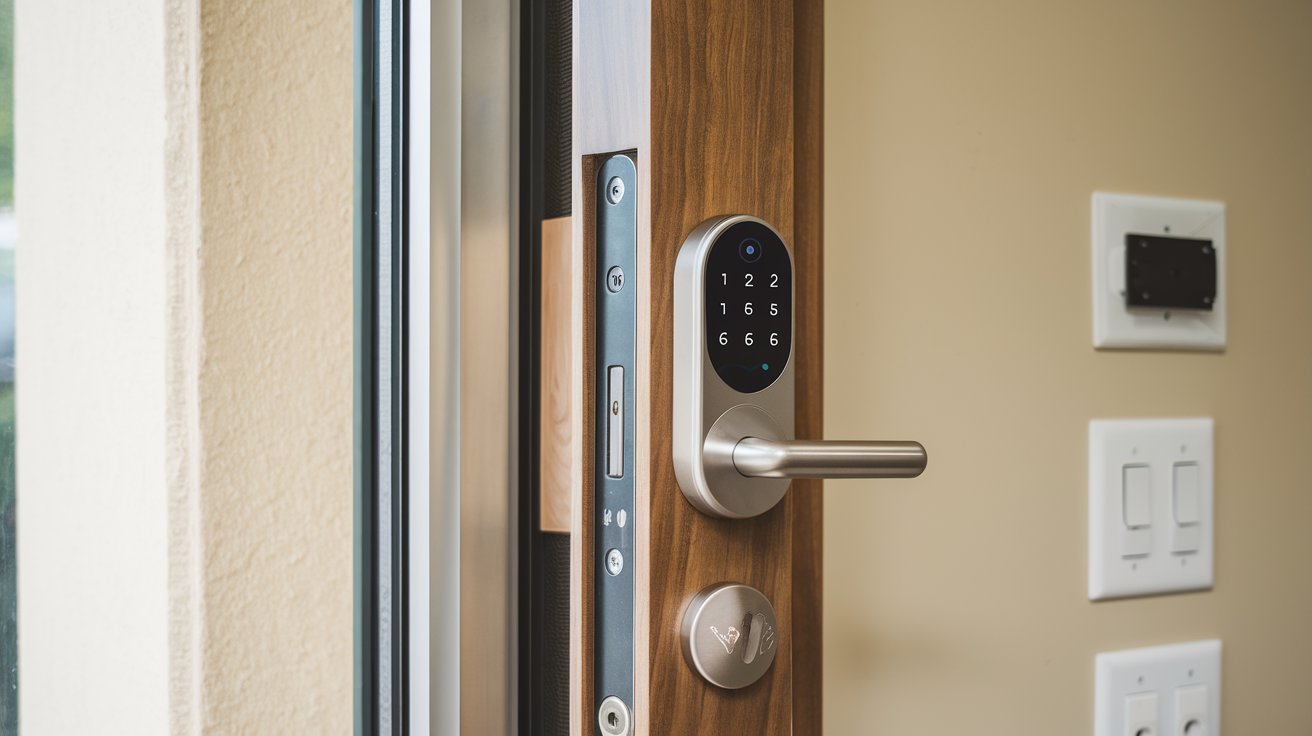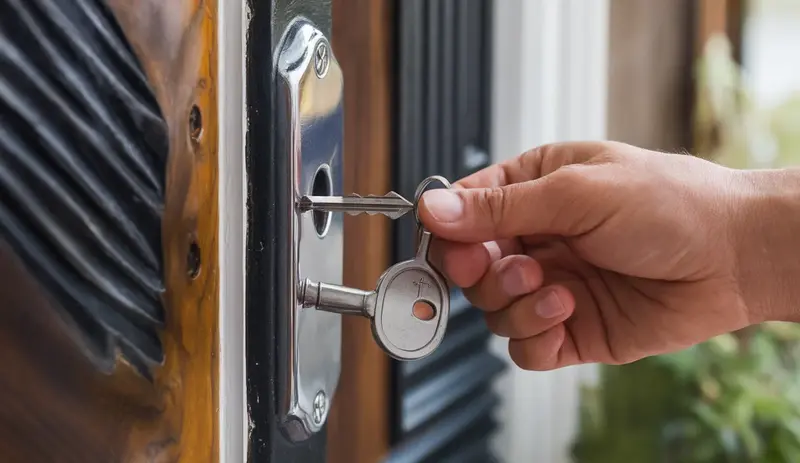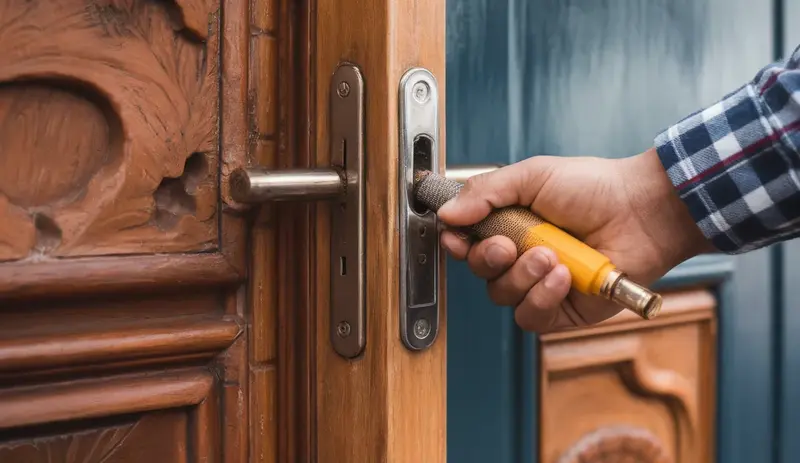
Picture this: You’re scrolling through home improvement websites, dreaming about upgrading your home’s security, when you stumble across smart locks. They look cool, promise tons of convenience, but then that big question hits you-will these high-tech gadgets actually work with the security system you’ve already invested in?
Most people get stuck right here. They imagine a nightmare scenario of ripping out their entire current setup or spending thousands on a complete home security overhaul. But here’s the good news: You don’t have to start from scratch. Smart locks can absolutely integrate with existing systems-if you know what to look for.
What Makes a Smart Lock ‘Compatible’ Anyway?
Let’s discuss the compatibility of smart locks in a manner that doesn’t necessitate an engineering degree. At its essence, the compatibility of smart locks revolves around communication.
Envision it as a universal language for security devices that one might find in the home. Just as with some individuals who can converse in several languages, smart locks must utilize the correct technological dialect to be compatible with the system that secures one’s domicile.
The majority of intelligent locks use particular ways of communicating, such as Z-Wave, Zigbee, or Wi-Fi. These are essentially the ‘languages’ that let your lock send signals to your security system. Picture your smart lock as a translator, converting your physical interactions (like unlocking the door) into digital signals that your home security system can understand.
Top Smart Lock Brands That Play Well with Others
Some producers have become wizards at crafting locks that fit right in. Names like August, Schlage, and Yale have built solid reputations for harmonizing with all sorts of home security systems. They’re what you might call the Smart Lock’s Swiss Army knife: versatile, adaptable, and ready for anything.
For instance, August has locks that can communicate with many different platforms: Apple HomeKit, Amazon Alexa, or Google Assistant, for example. Schlage, meanwhile, designs locks that effortlessly work with Ring and other security systems. Understanding this, these brands deliver what homeowners desire: flexibility, not a technological headache.
Warning Signs: When Your Smart Lock Might NOT Work
Most individuals don’t realize this: not all smart locks are built the same. Some budget-friendly options might look good but might have problems talking to your existing security systems. Red flags to watch out for include proprietary communication protocols, almost no integration options, and a complete lack of third-party compatibility.
A distinct app for your smart lock? No way. A lack of smart home integration? Red flag. Those are some of the signs that a lock isn’t worth your time or money. If it takes a totally separate app to control your smart lock, or if it doesn’t play nicely with the system you’ve got in place, just move on and find one that can.
You May Like: Can A Locksmith Upgrade My Locks To Keyless Entry?
How to Check Your Current System’s ‘Smart Lock Friendliness’?
What does this even mean for you? To start, take a gander through the specifications of your current home security system. These should detail what kinds of compatible smart lock brands and protocols are out there.
Pro tip: For the most accurate and up-to-date compatibility information, check with your home security system provider near our location.
One of the best ways to avoid installation frustrations of any kind is to ensure you have the right device at the outset. If you are shopping for a smart lock, make sure it is compatible with your home automation system. Look for terms like “Z-Wave compatible” or “Works with HomeKit,” and avoid any devices that aren’t specifically designed to work within the framework of your smart home.
Installation Tips: Making Sure Everything Talks Together
Installation requires patience. Confirm that your smart lock can communicate with your existing system before purchasing. Some homeowners buy first and check compatibility later; don’t be that person.
If your devices speak different technological languages, think about using a smart home hub as a universal translator. Platforms like Samsung SmartThings can help them share the same tongue.
A last bit of guidance: User manuals should be read with attention, and contacting the manufacturer for support should not be viewed as a sign of weakness. A conversation lasting 10 minutes can save you monumental amounts of time and frustration. Your system can still be saved; don’t give up on it!
Final Words
The bottom line? Smart locks aren’t some mysterious technology that will completely disrupt your home security. With the right research and approach, you can upgrade your home’s entry points without throwing away everything you’ve already invested in.
Your security system doesn’t have to be an all-or-nothing upgrade. Smart technology is about making your life easier, not more complicated. By understanding compatibility, doing a bit of homework, and choosing wisely, you can bring your home security into the 21st century-one smart lock at a time.
Not sure where to start? Most security system providers offer free consultations. Reach out, ask questions, and don’t be afraid to get the info you need to make a smart choice.


